- Bernard Preston homepage
- Nutritious choice foods
- Food Choices Get Worse
Food choices get worse
Food choices get worse cry out the headlines in the press.
In an impassioned column entitled “Food Choices Get Worse” in the press recently, the executive director of a large medical aid expressed great concern about the major health issues facing South Africa.
Issues about which we are either unaware or foolishly are unconcerned; or perhaps feel helplessly trapped.
These issues have placed South Africa in the ten most unhealthy countries in the world, have forced medical costs so high that premiums are now completely beyond the reach of the majority and placed an enormous burden on the state to provide adequate care for the growing number of indigent people.
So what food choices do you have? Let’s consider four groups of people.
The wealthy
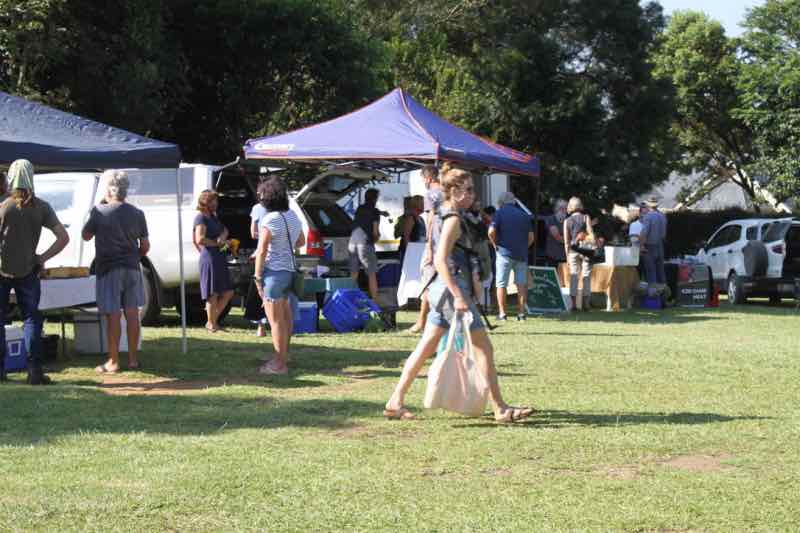
Firstly those who are really quite wealthy. They have relatively unlimited choices but even for them access to whole grains and food not smothered in toxic pesticides is becoming more difficult. Neither they nor we have any idea what has been sprayed on our strawberries, tomatoes and potatoes just before harvesting.
The wealthy are having to spend time searching for organic farmers’ markets where they are more likely to find nutritious healthy food. The higher cost of organic fruit and veg is of no concern to them but the extra hours spent finding good edibles is probably causing some irritation.
For example even the wealthiest in the land are unlikely to be able to buy a loaf of true wholemeal bread; what our forefathers called the “staff of life” barely exists.
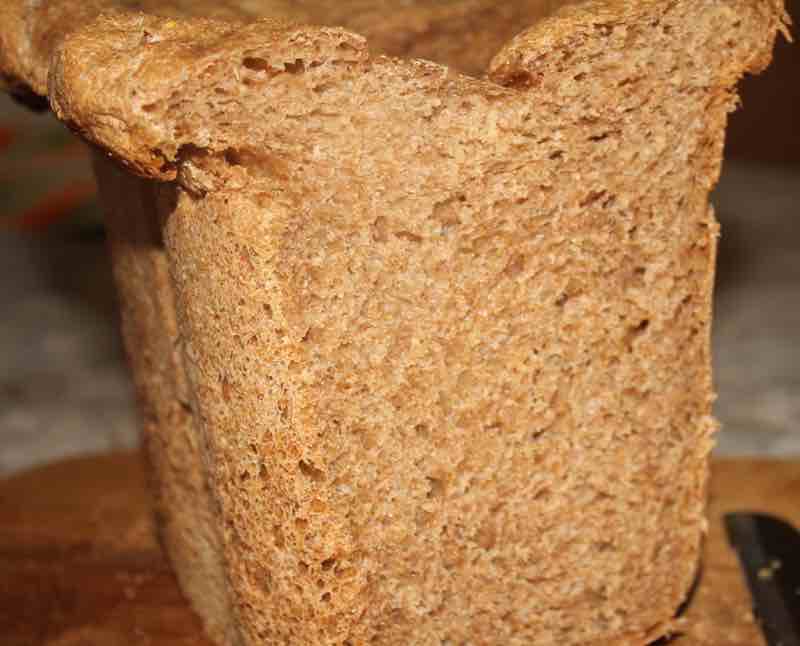 100% wholegrain sourdough loaf
100% wholegrain sourdough loafTrue unrefined maizemeal is a little easier but still very scarce; it’s not to be bought from the average supermarket. It is repeated time and again in credible medical journals that we should all be eating whole grains daily if we want protection against cancer, stroke and heart disease. But even the wealthy do not have ready access to them.
- Why do we choose yellow cornmeal?[1]
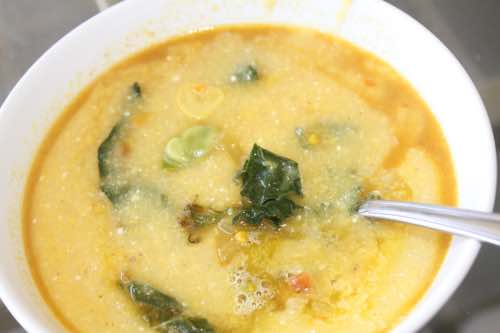 Grits enriched with greens and beans
Grits enriched with greens and beansThe middle class
There is another much larger group, employed but faced with ever increasing costs of electricity, water and security is certainly feeling the pinch. Some will have full medical insurance but even there the savings are usually depleted by July; they too are burdened with the soaring expenses associated with our generally poor health.
Over 30% of South African adults are suffering from high blood pressure for example; only one in six of those people is under medical care according to Dr Dion Kapp. It is the single biggest factor that will determine whether we shall have a major heart attack or stroke; the sword of Damocles hangs over the heads of the untreated.
Every day 225 South Africans are dying from a heart attack or stroke, the majority needlessly; 82,000 people in a year.
Food choices for the middle class are everything. Without the vitamin E, nature’s anticoagulant in the germ of true wholewheat, clots become highly likely; and the nitrate in fresh greens that relaxes our blood vessels.
The majority of this group have only a hospital plan; all treatment for the many ailments we are suffering from have to be paid for out of pocket. For them food choices are obviously getting worse; money is very tight.
The unemployed poor
And then the third group, over a third of the workforce; unemployed they are totally dependent on the state for health care and completely inadequate grants. They have very few food choices.
The gardeners
And then there is a fourth group, actually from all walks of life. Some are very wealthy, having gardeners to help but many are from the extreme poor. Both grow much of their own nosh. But despite real food anxiety, hunger and stunting, less than 20% of South Africans plant and reap any vegetables or fruit whatsoever.
Some of this fourth group are very informed about food and nutrition, others know almost nothing. What characterises these people is that they have made a plan and are sticking to it.
They are only too well aware that good food is almost unavailable to the vast majority of South Africans; and they are willing to get off their rear-ends and spend a lot of time and energy “digging for dignity” as the British had to do during the World Wars.
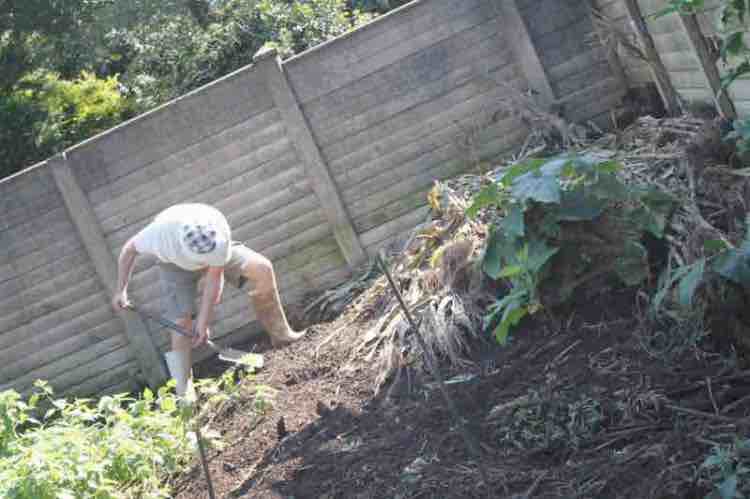 Every garden needs a compost heap
Every garden needs a compost heapThey have many food choices. They have fresh greens, ample fruits and starches like mealies growing at their doorsteps; and new potatoes. They sow beans and peas for protein and may have a few chickens. The only real cost is the sweat that drips from their brows; to plant, weed and water their gardens.
Turning to ecocides to ease the burden of gardening is not an option. They have decided they would rather wield a shovel, push a wheelbarrow and dig a deep hole for another avocado tree than join a gym.

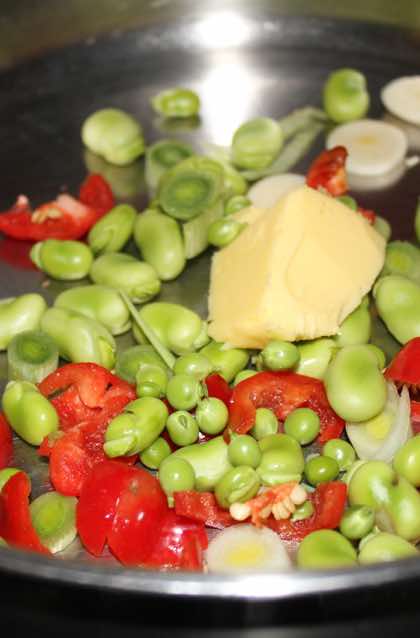
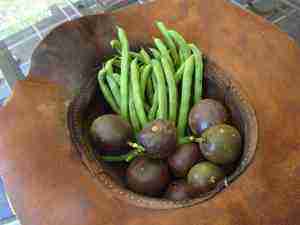
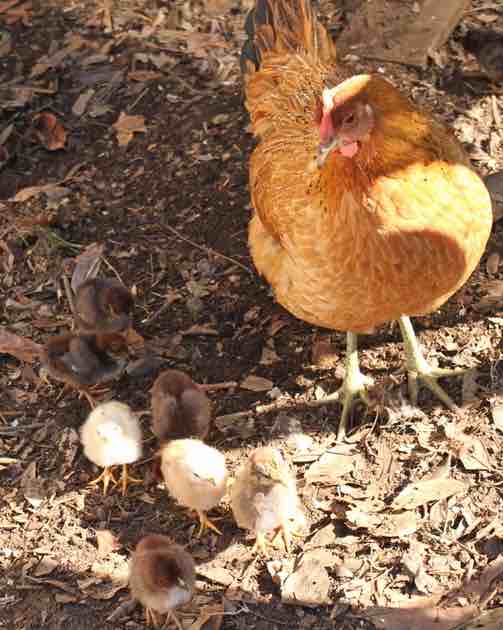
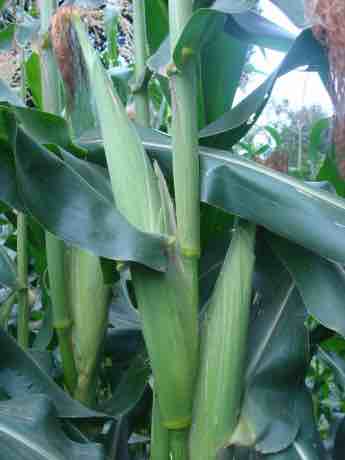
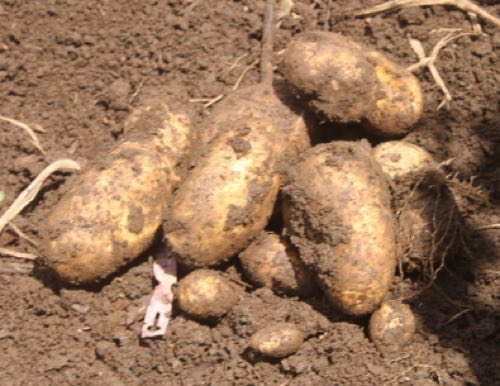
They have somehow acquired a small piece of securely fenced land, a wheelbarrow and a few gardening tools. Water is a burning issue in the dry months; some will have harvested and stored the abundance from the rainy season.
None of them will be obese; their lifestyles are certainly anything but sedentary. The exercise means that few will be suffering from insulin resistance and type-2 diabetes. With all the fibre in their diets their cholesterol will be low. Excessive salt is unlikely since most comes from the tasteless convenience foods that they abhor.
Because of their great concern about food for themselves and their children, their overall wellness and enjoyment of life, it’s unlikely that many are smokers, drink too much or are depressed. Research has proved that gardeners are generally healthy people with far fewer ailments.
"There is increasing evidence that exposure to plants and green space and particularly to gardening, is beneficial to mental and physical health."
- Clinical Medicine (PMC6334070)
They will be growing far more than they consume; money jingles in their pockets from the surplus they can sell. They have unlimited food choices. Life in general is busy and good; every day there is something new and they look forward to each morning with enthusiasm.
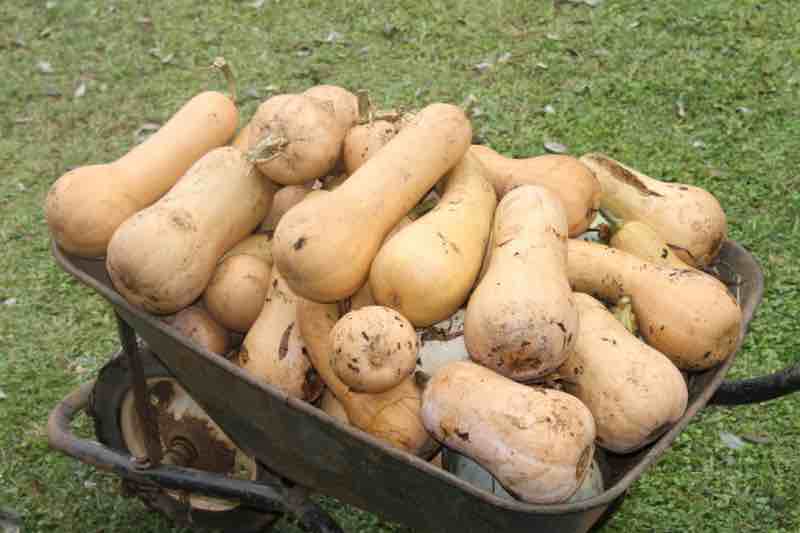
Butternuts are rich in beta-carotene, the precursor of vitamin A. Over 40 children die every single day in South Africa from a deficiency; they are prone to blindness, measles and a host of infectious diseases[2].
Ecocides
One of the reasons food choices get worse is all the ecocides sprayed onto the ground and our favourites, often just before harvesting. For example who wants to eat commercial potatoes squirted with Paraquat or Roundup to kill the haulm, making lifting the spuds easier?
In any event potatoes from cold storage are highly glycaemic causing ultimately insulin-resistance.
There are no easy solutions to dilemmas like this but certainly they make the food choices get worse. A happy once-off event allowed us to truck in 17 loads of compost from a church car park; the resulting half ton of new potatoes made our eyes water.
You simply cannot buy spuds of this quality; the poor cousins from the grocery store would have grossed over R10,000. For months we enjoyed a feast of Swiss rösti, Jewish latkes and braised new potatoes; and never put on an ounce.
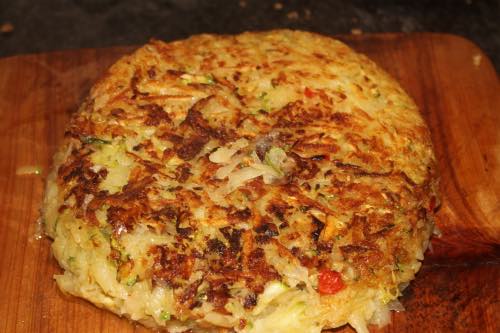 Swiss rösti
Swiss röstiAnd what about you?
You too could be a gardener and grow much of your own fruit and veg; and have many food choices. Make a start tomorrow. In spring it's time to sow mealies, beans and butternut; and much else.
In late summer it is the turn of peas, broad beans and many different greens that thrive through the cooler weather.
Pushing an agenda
I admit it freely, I am pushing an agenda; but not one that annihilate's truth. Healthy food choices are not within reach of the majority shopping at grocery stores. We have to start growing our own fruit and veg; or accept a slow decline into pain, disability and an early demise.
“The point of modern propaganda isn’t only to misinform or push an agenda. It is to exhaust your critical thinking, to annihilate truth.”
- Garry Kasparov
Food choices get worse
Food choices get worse only for those totally dependent on the grocery store; avid gardeners feel embarrassed and not a little guilty about the wide selection of nutritious options they have. The warm-hearted donate much to the less privileged.
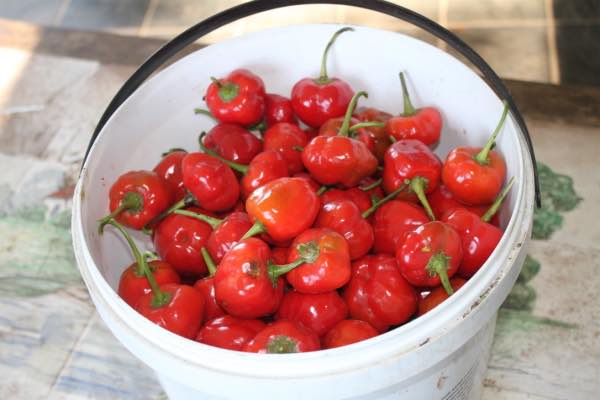
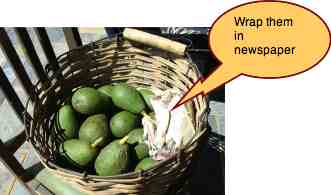
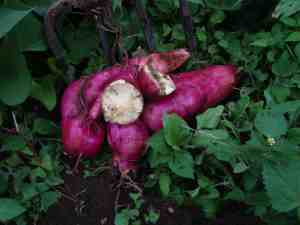
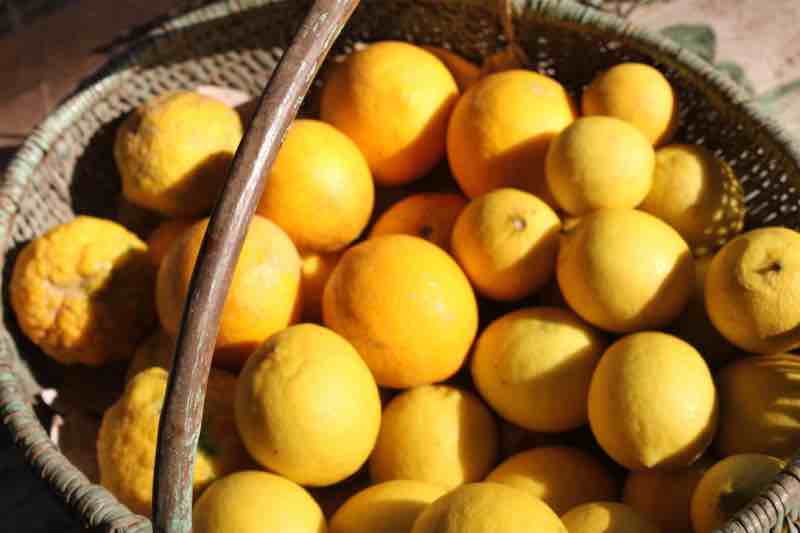
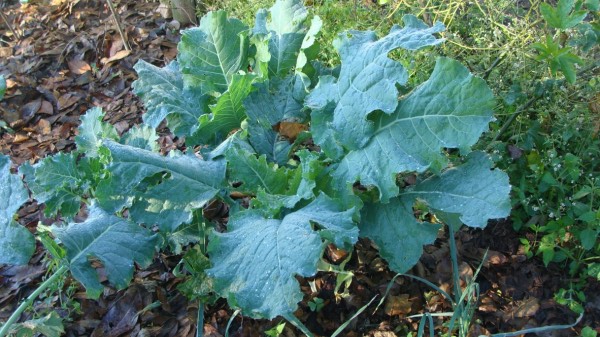
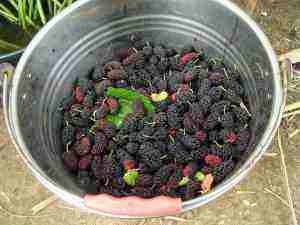
Your children will never go hungry, they will excel in school and bring you much pleasure.
And with just a bit of luck you will have the health and vitality to get to your grandchildrens' weddings.
When browsing use right click and "Open Link in New Tab" or you may get a bad gateway signal.
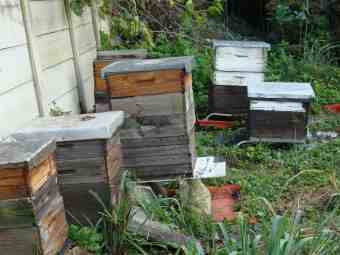 You won't need sugar to keep your sweet tooth happy
You won't need sugar to keep your sweet tooth happyNewsletter
Our newsletter is entitled "create a cyan zone" at your home, preserving both yourself and Mother Earth for future generations; and the family too, of course. We promise not to spam you with daily emails promoting various products. You may get an occasional nudge to buy one of my books.
Here are the back issues.
- Lifestyle and ideal body weight
- What are ultra-processed foods?
- Investing in long-term health
- Diseases from plastic exposure
- Intensive lifestyle management for obesity has limited value
- A world largely devoid of Parkinson's Disease
- The impact of friendly bacteria in the tum on the prevention of cancer
- There's a hole in the bucket
- Everyone is talking about weight loss drugs
- Pull the sweet tooth
- If you suffer from heartburn plant a susu
- Refined maize meal and stunting
- Should agriculture and industry get priority for water and electricity?
- Nature is calling
- Mill your own flour
- Bake your own sourdough bread
- Microplastics from our water
- Alternative types of water storage
- Wear your clothes out
- Comfort foods
- Create a bee-friendly environment
- Go to bed slightly hungry
- Keep bees
- Blue zone folk are religious
- Reduce plastic waste
- Family is important
- What can go in compost?
- Grow broad beans for longevity
- Harvest and store sunshine
- Blue zone exercise
- Harvest and store your rainwater
- Create a cyan zone at your home
Did you find this page interesting? How about forwarding it to a friendly book or food junkie? Better still, a social media tick would help.
- Bernard Preston homepage
- Nutritious choice foods
- Food Choices Get Worse
Address:
56 Groenekloof Rd,
Hilton, KZN
South Africa
Website:
https://www.bernard-preston.com